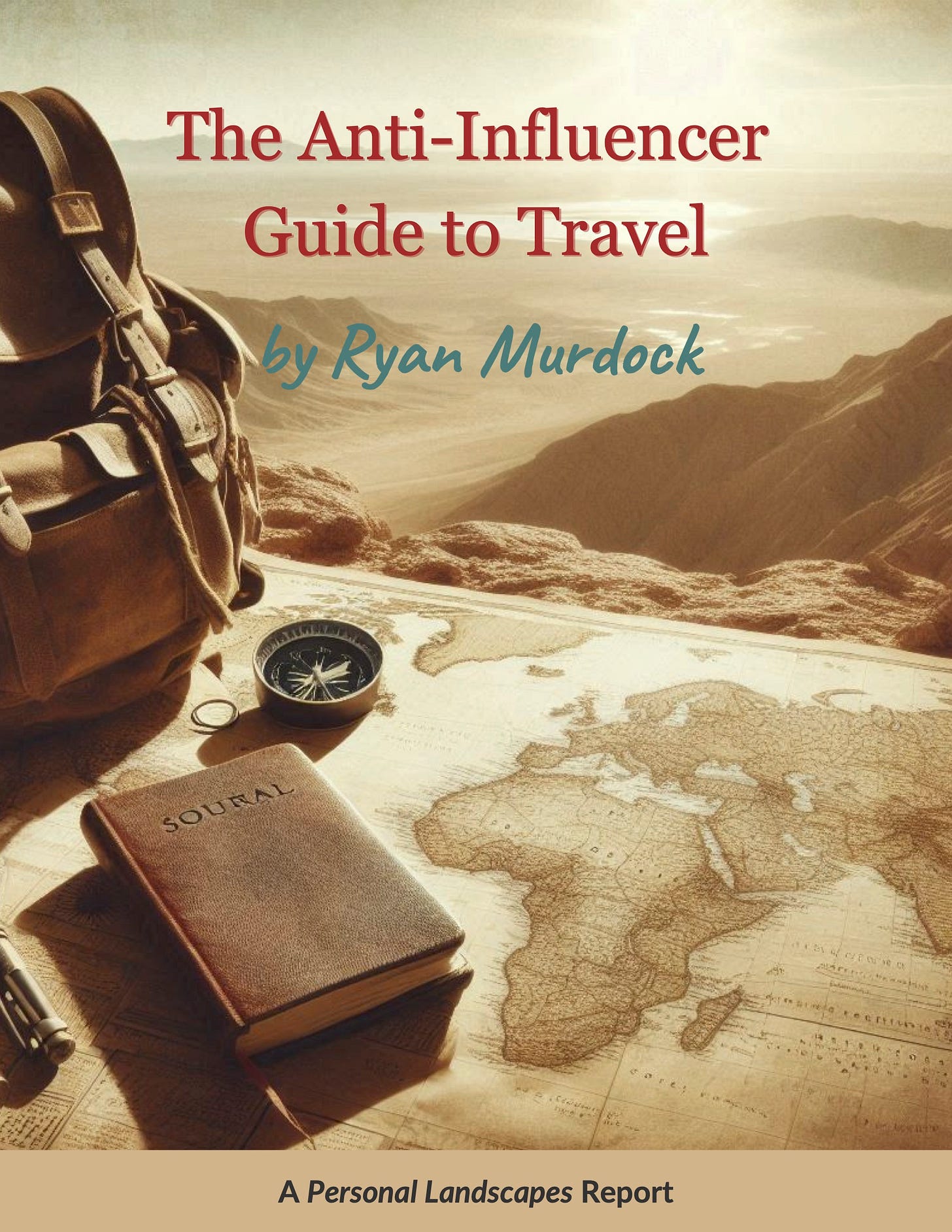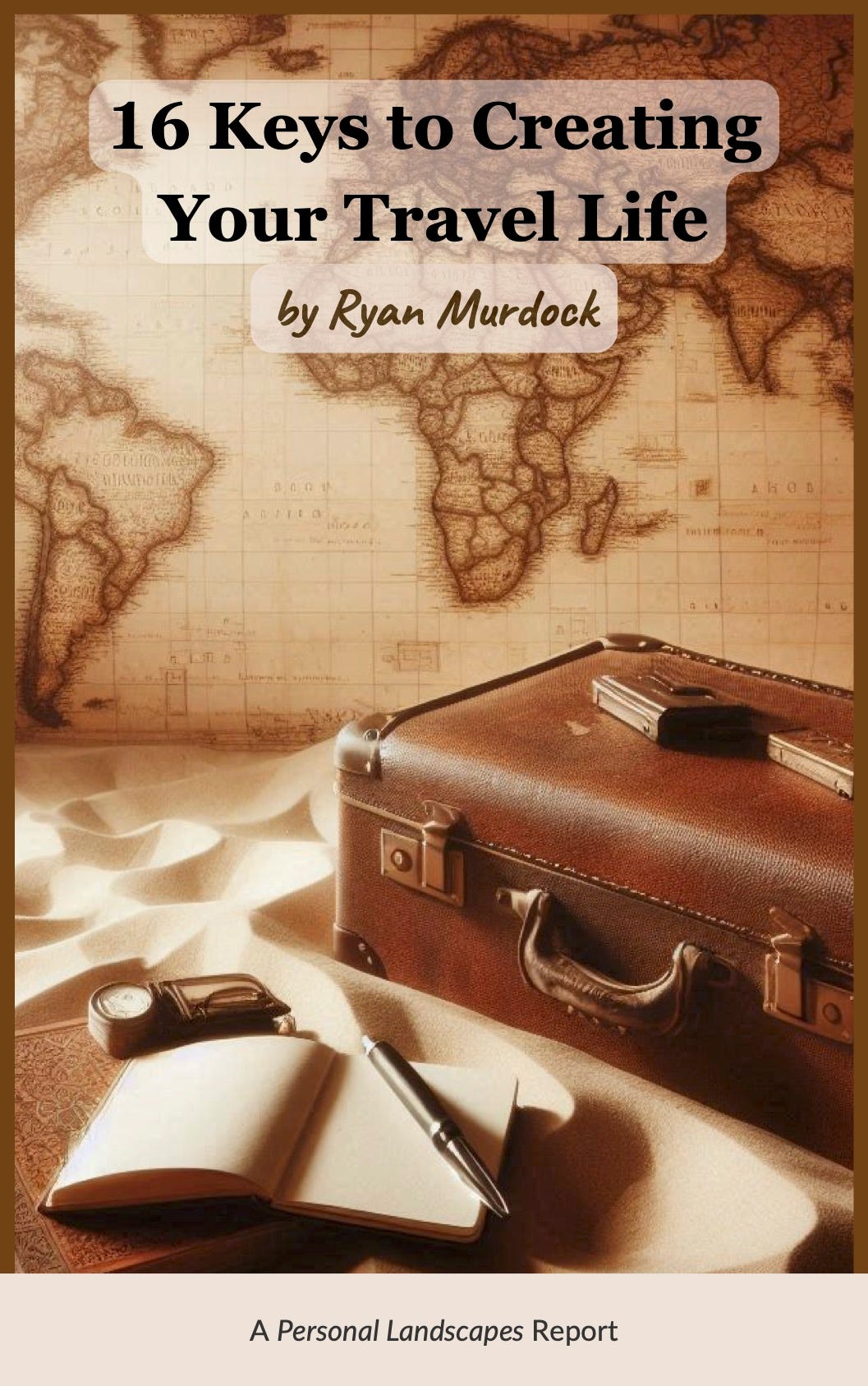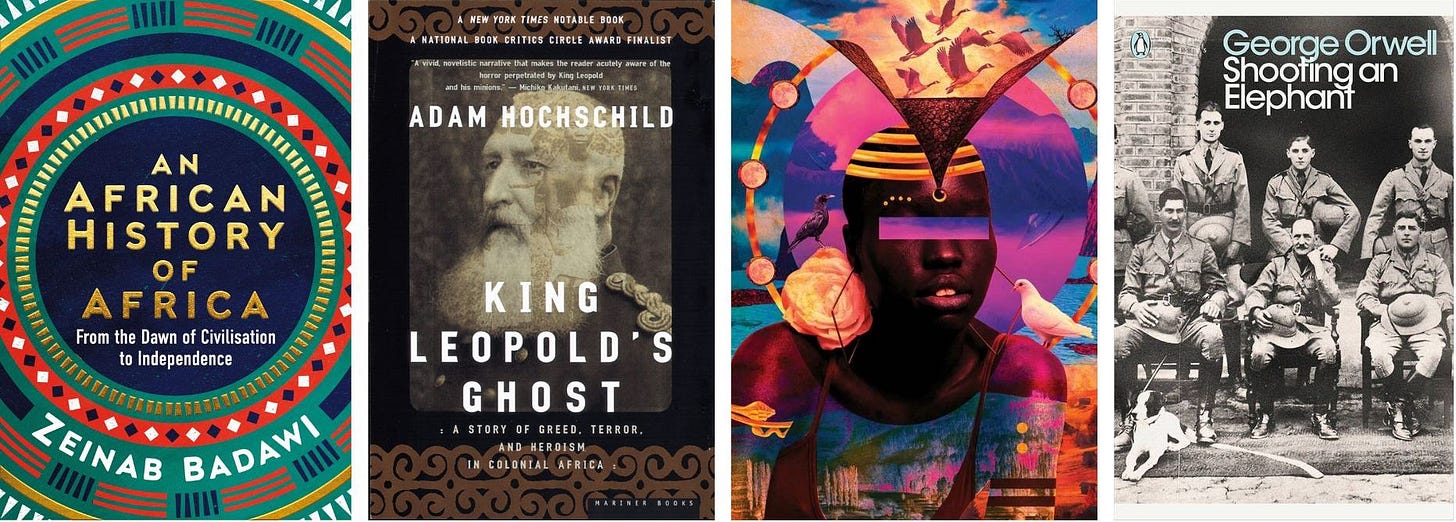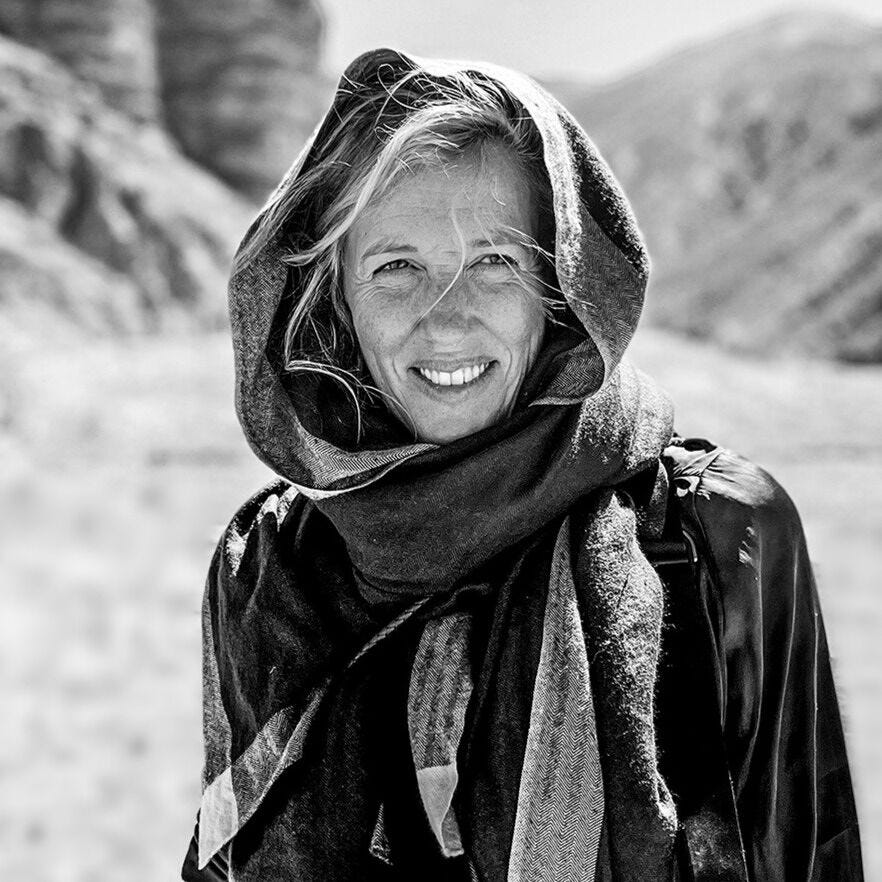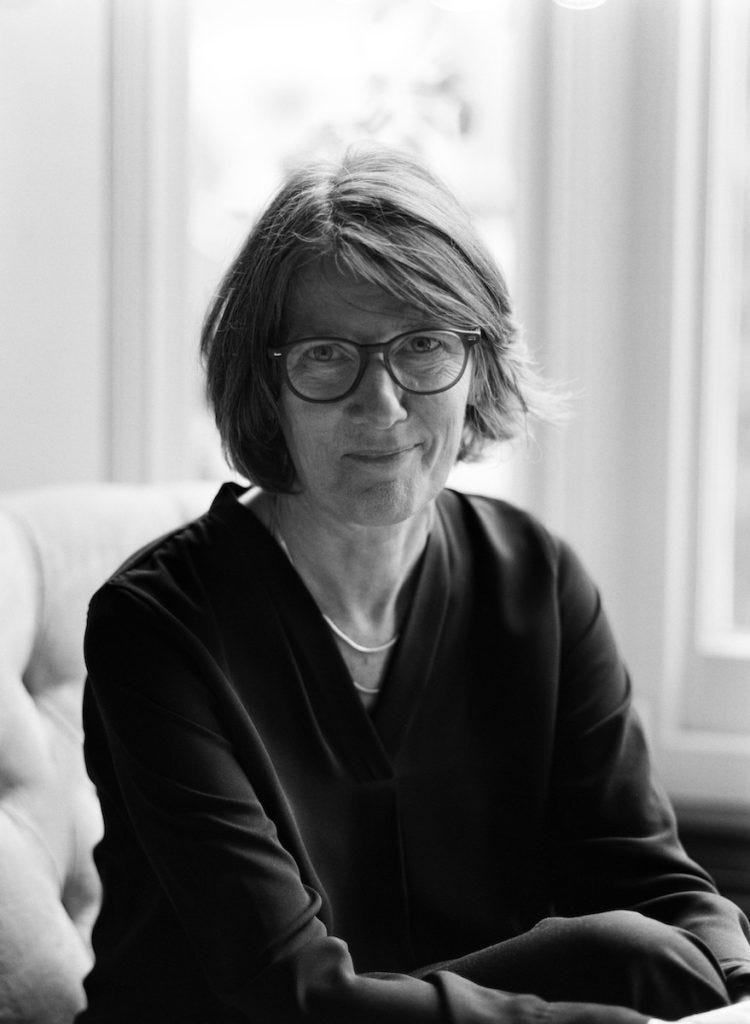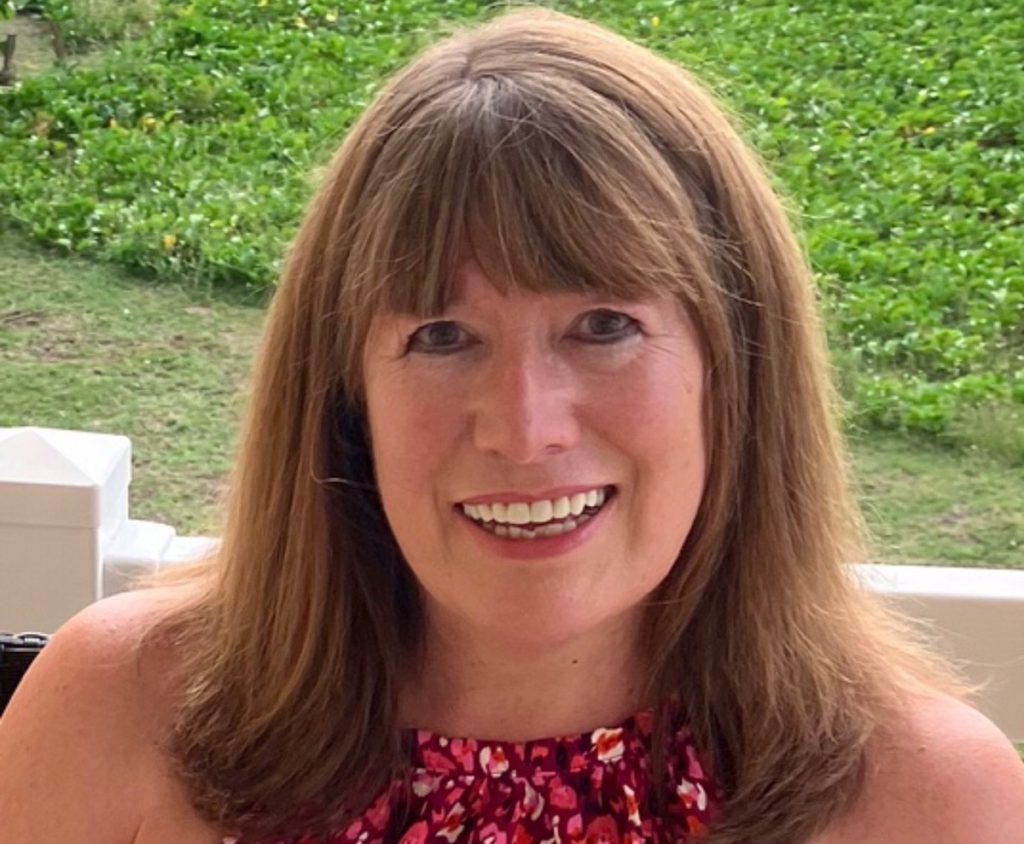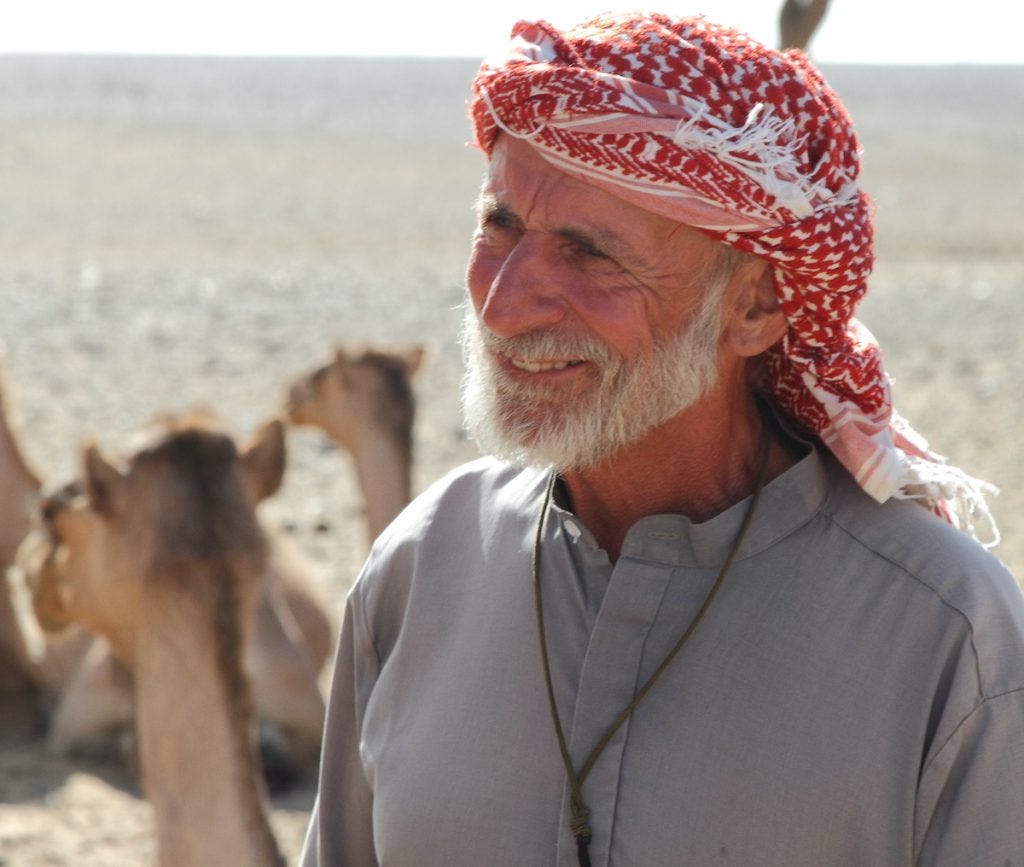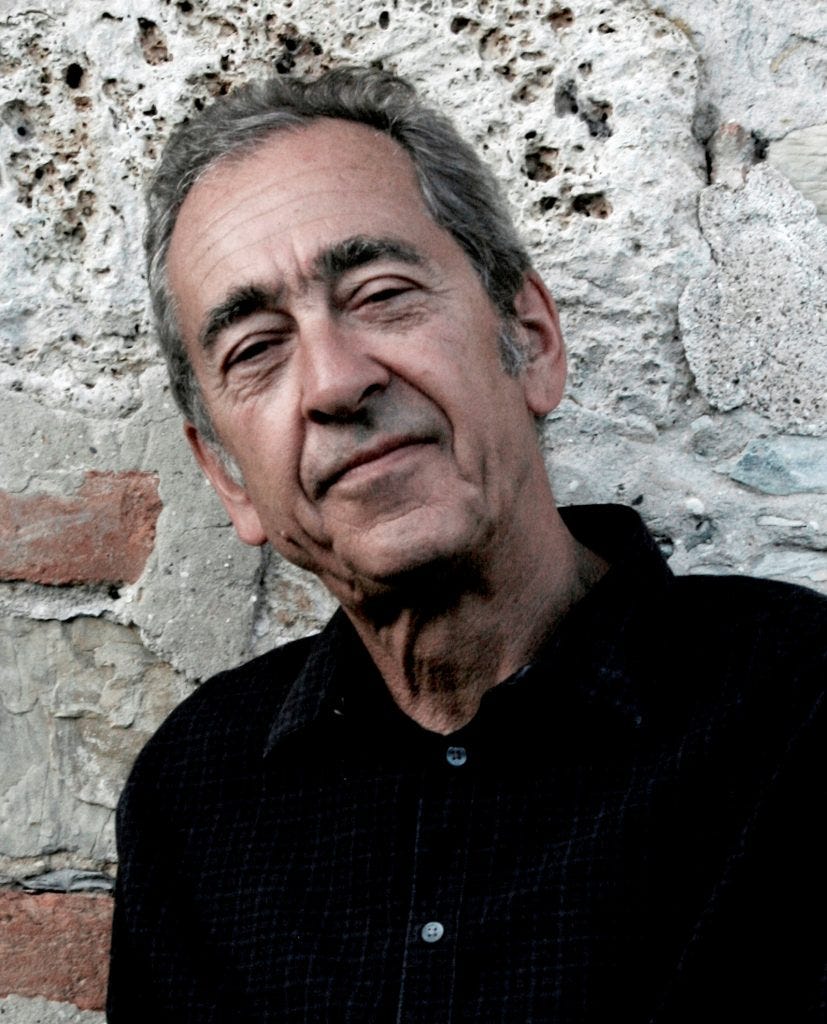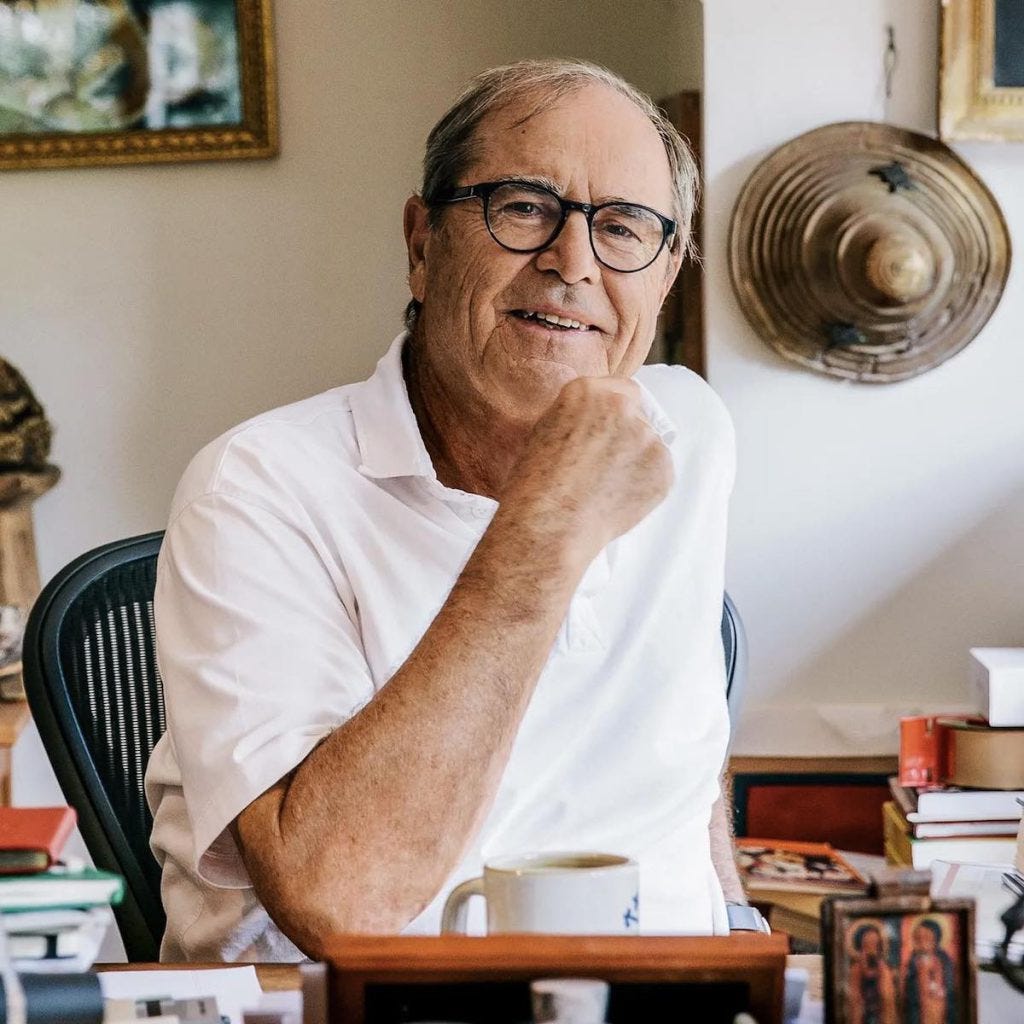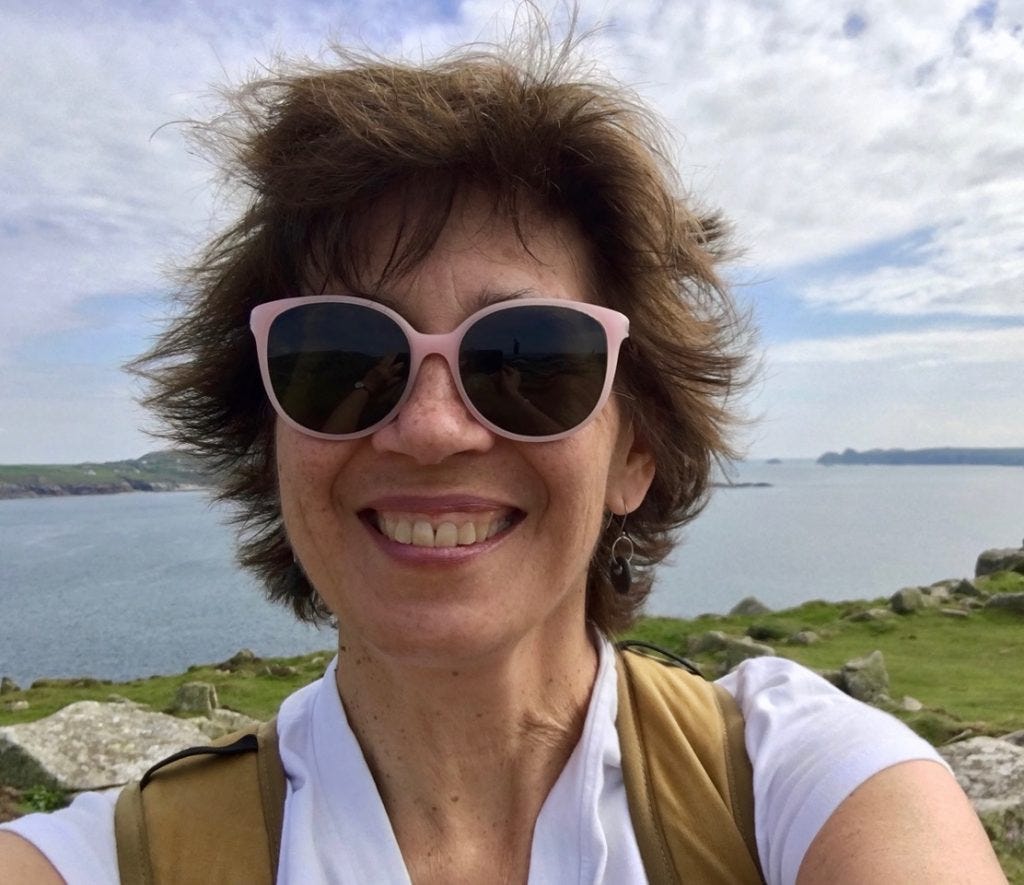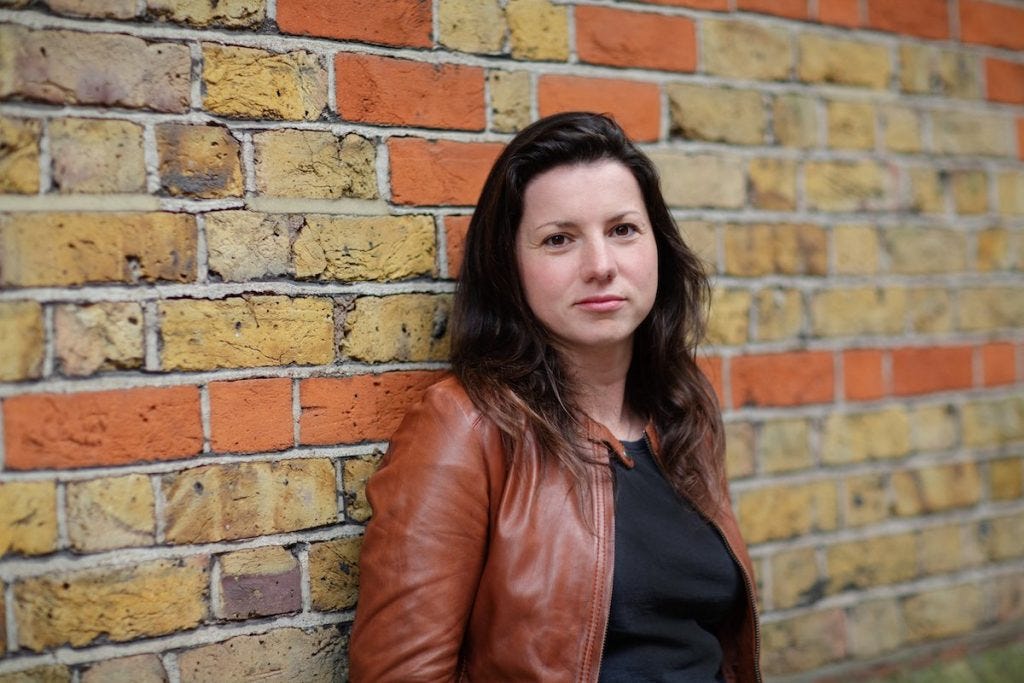- Affärsnyheter
- Alternativ hälsa
- Amerikansk fotboll
- Andlighet
- Animering och manga
- Astronomi
- Barn och familj
- Baseball
- Basket
- Berättelser för barn
- Böcker
- Brottning
- Buddhism
- Dagliga nyheter
- Dans och teater
- Design
- Djur
- Dokumentär
- Drama
- Efterprogram
- Entreprenörskap
- Fantasysporter
- Filmhistoria
- Filmintervjuer
- Filmrecensioner
- Filosofi
- Flyg
- Föräldraskap
- Fordon
- Fotboll
- Fritid
- Fysik
- Geovetenskap
- Golf
- Hälsa och motion
- Hantverk
- Hinduism
- Historia
- Hobbies
- Hockey
- Hus och trädgård
- Ideell
- Improvisering
- Investering
- Islam
- Judendom
- Karriär
- Kemi
- Komedi
- Komedifiktion
- Komediintervjuer
- Konst
- Kristendom
- Kurser
- Ledarskap
- Life Science
- Löpning
- Marknadsföring
- Mat
- Matematik
- Medicin
- Mental hälsa
- Mode och skönhet
- Motion
- Musik
- Musikhistoria
- Musikintervjuer
- Musikkommentarer
- Näringslära
- Näringsliv
- Natur
- Naturvetenskap
- Nyheter
- Nyhetskommentarer
- Personliga dagböcker
- Platser och resor
- Poddar
- Politik
- Relationer
- Religion
- Religion och spiritualitet
- Rugby
- Så gör man
- Sällskapsspel
- Samhälle och kultur
- Samhällsvetenskap
- Science fiction
- Sexualitet
- Simning
- Självhjälp
- Skönlitteratur
- Spel
- Sport
- Sportnyheter
- Språkkurs
- Stat och kommun
- Ståupp
- Tekniknyheter
- Teknologi
- Tennis
- TV och film
- TV-recensioner
- Underhållningsnyheter
- Utbildning
- Utbildning för barn
- Verkliga brott
- Vetenskap
- Vildmarken
- Visuell konst

Personal Landscapes
Ryan Murdock talks with the world’s most original writers, publishers and travelers to get the story behind great books about place.
20 avsnitt • Längd: 0 min • Veckovis: Tisdag
Om podden
Ryan Murdock talks with the world’s most original writers, publishers and travelers to get the story behind great books about place.
The podcast Personal Landscapes is created by Ryan Murdock. The podcast and the artwork on this page are embedded on this page using the public podcast feed (RSS).
Avsnitt
The Anti-Influencer Guide to Travel
You’ve spent years saving for that once-in-a-lifetime trip to Europe. You dreamed about it. You talked about it. And you finally flew over and lived it — only to be left thinking, “Was that it?”
Or maybe you’re a business traveler, and despite the exotic cities you find yourself in, all you’ve ever seen is snooty restaurants and shopping plazas. There’s more to travel than that stuff.... isn’t there?
Yes. There is. I know because I uncover hidden corners on every trip. Stuff you won’t find on generic ‘hundred places’ bucket lists.
I’ve been writing about travel and culture for more than twenty years. I was Editor-at-Large (Europe) for Canada’s Outpost magazine for much of that time. I wrote long narrative feature articles. They gave me 10 to 15 pages of prime magazine space because I knew how to get off the track and find the stories no one else was telling.
Want to go beyond the empty type to immerse yourself in another culture so you come away with real experiences?
You’ll learn my secrets for finding those stories in this no-filler 24-page report — the very same secrets I use to escape the world of Instagram tourism.
You'll get strategies for researching and planning your perfect trip, and a top travel writer's tactics for enriching your time on the road, including:
how to get the timing right
using the guidebook in reverse
and the travel secrets hidden in historic maps.
I can’t guarantee you’ll never see an influencer on your travels. But I can promise that your odds of being poked in the eye with a selfie-stick will decrease to zero.
16 Keys to Creating Your Travel Life
I spent over two decades trying to create my travel lifestyle, and looking for ways to maximize my personal freedom in the process.
I studied a lot of resources during that time, and I talked to a lot of happy successful people who embodied the sort of free vibrant life I was trying to create for myself.
The men and women who were most successful at designing their dream lifestyle had a number of things in common. When I averaged it out, they tended to hit several specific benchmarks during clearly defined decades of their lives.
I'm revealing those key benchmarks here so you can compare their benchmarks with where you’re at right now.
How does your life measure up? Did you accomplish at least half the milestones that those who achieve their dream lifestyles tend to hit in each decade?
If yes, great! You’re well on your way to creating the ultimate lifestyle of personal freedom, travel and accomplishment.
If not, do you know where you went wrong or why things are off track? Knowing exactly where the problem is means you can fix it if you start taking positive action right away.
I'll tell you how in this action-packed 17-page report.
March 2025: What Am I Reading?
Here’s a roundup of what I read this month.
How about you? What stood out, what fell flat, and what would you like to recommend? Please post it all in the comments below.
Sophy Roberts's Reading List
Zeinab Badawi, An African History of Africa: From the Dawn of Humanity to Independence (London: W. H. Allen, 2024)
Sophy Roberts on A Training School for Elephants
In 1879 a forgotten Irish adventurer called Frederick Carter marched four tamed Asian elephants from the coast of East Africa to the edge of the Congo.
He was sent to establish a training school for African elephants so they could be used to transport cargo in place of vast armies of porters.
It’s a tale of ineptitude, hypocrisy and greed filled with powerful chiefs, ivory dealers, Catholic nuns and dissolute colonial officials set against the beautifully described landscapes of Tanzania, the Congo, Brussels, Iraq and India.
Sophy Roberts is the author of A Training School for Elephants and The Lost Pianos of Siberia. She was editor-at-large of Condé Nast Traveller and also writes regularly for Financial Times Weekend, covering remote destinations from Papua New Guinea to Kamchatka. When not on the road, she hosts the excellent Gone to Timbuktu podcast.
You can read more about her on her website, and follow her on Instagram. There’s also a website for the book featuring behind the scenes photos and videos.
We spoke about Frederick Carter’s forgotten journey, Leopold II’s Congo land grab, and oral memory keepers as custodians of the past.
These are the books we mentioned in the podcast:
We also mentioned:
King Leopold’s Ghost by Adam Hochschild
You can listen to Personal Landscapes: Conversations on Books About Place on iTunes, Spotify, Stitcher, Podbean, Google Podcasts, Audible, PlayerFM, and TuneIn + Alexa.
Please subscribe, and rate the podcast or leave a review.
Your support is greatly appreciated.
February 2025: What Am I Reading?
Here’s my monthly roundup of reading. Have you read any of these? If so, what did you think of them?
What did you read this month?
Please post any recommendations in the comments below.
Joseph Koudelka with biographer Melissa Harris
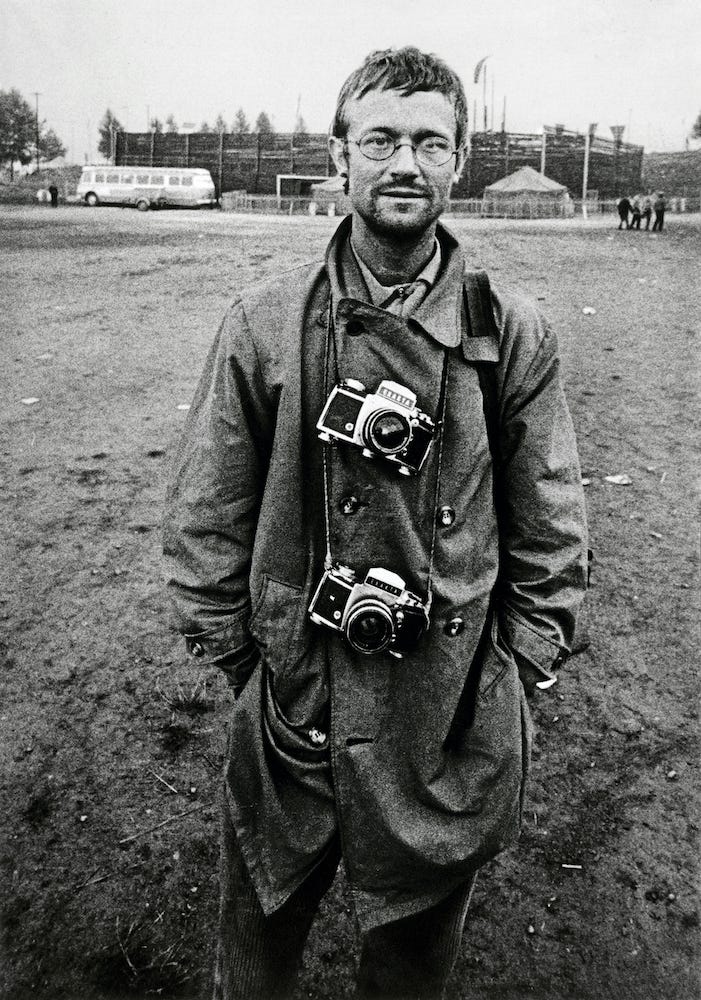
Josef Koudelka was born in Czechoslovakia the year Germany annexed the Sudetenland. His childhood was overshadowed by Nazi occupation. He lived under the postwar communist regime, and watched Soviet tanks rolled into Prague in 1968.
His vivid photos of the Prague Spring led to a twenty year period of exile, wandering Europe as a stateless person, sleeping rough, and photographing vanishing worlds.
His work is permeated by feelings of tragedy but the man himself is surprisingly optimistic, seizing on the present moment while appreciating the beauty of life.
I was intrigued by his wandering artist’s existence. And so I reached out to his biographer to get a sense of the man behind the ascetic legend.
Melissa Harris is the author of Josef Koudelka Next. She is editor-at-large of the Aperture Foundation, and was editor-in-chief of Aperture magazine for over a decade. She’s edited over forty books for Aperture, and has curated photography exhibits throughout the United States and Europe.
You can see Koudelka’s work on Instagram and on the website of the Josef Koudelka Foundation.
Josef Koudelka: Next is co-published by Aperture and Magnum Foundation and is available at aperture.org/books.
We spoke about Koudelka’s wandering life, his remarkable network of friends, and his interest in capturing the end of things.
These are the books we mentioned in the podcast:
You can listen to Personal Landscapes: Conversations on Books About Place on iTunes, Spotify, Stitcher, Podbean, Google Podcasts, Audible, PlayerFM, and TuneIn + Alexa. Please subscribe, and rate the podcast or leave a review. Your support is greatly appreciated.
Personal Landscapes Courses & Reports
Ate you an aspiring travel writer, or a traveler who wants to travel like a pro?
I’ve put together a course and several reports to share my top writing and travel secrets. You don’t have to be a professional writer to benefit from them — but using these secrets will make you feel like you are.
You’ll find them all in my online shop, including:
The Anti-Influencer Guide to Travel
16 Keys to Creating Your Travel Life
Clair Wills on Ireland’s missing persons
Clair Wills was in her twenties when she learned she had a cousin she’d never met.
It wasn’t as though their families drifted apart. She’d never been told of this person’s existence. It was shrouded in shame and secrecy, and she wanted to understand why.
She pieced the story together from forgotten anecdotes, dim memories and institutional archives spanning four generations of her own family, and the history of Ireland from the 1890s to the 1980s.
Her memoir explores questions of memory and loss, motherhood and emigration, guilt and blame — and it may change how you think about your own family, and your family secrets.
Clair Wills is the author of Missing Persons, Or My Grandmother’s Secrets, The Best Are Leaving: Emigration and Post-War Irish Culture, and other books. She is the King Edward VII Professor of English Literature at the University of Cambridge, and a frequent contributor to the London Review of Books, The New York Review of Books, and other publications.
We spoke about Ireland’s mother and baby homes, the stigma of illegitimacy, and how secrecy can shape a family and a society.
These are the books we mentioned in the podcast:
You can listen to Personal Landscapes: Conversations on Books About Place on iTunes, Spotify, Stitcher, Podbean, Google Podcasts, Audible, PlayerFM, and TuneIn + Alexa.
Please subscribe, and rate the podcast or leave a review.
Your support is greatly appreciated.
Deborah Lawrenson on her mother the spy
What would you do if someone you knew your entire life — your mother — suddenly revealed that she’d been a spy?
Deborah Lawrenson turned her story into a novel.
The tangled web of espionage she weaves in The Secretary is fiction, but the background to the story is authentic, drawn in part from a seemingly innocent diary her mother wrote in 1958 while working at the British Embassy in Moscow.
It’s an exciting high stakes thriller with insightful social commentary and a vivid sense of place. Exactly the sort of novel she excels at.
Deborah is the author of Songs of Blue and Gold, The Lantern, 300 Days of Sun, The Secretary and other novels. She trained as a journalist on the Kentish Times and worked for The Daily Mail, Mail on Sunday and Woman’s Journal before becoming a full time novelist.
You can read more about her on her website, and follow her on Instagram, Facebook and X.
We spoke about Cold War Moscow, growing up as an embassy child, and the shock of discovering her mother’s cloak-and-dagger past.
These are the books we mentioned in the podcast:
We also mentioned:
A Spy Among Friends: Kim Philby and the Great Betrayal by Ben Macintyre
The Billion Dollar Spy by David Hoffman
You can listen to Personal Landscapes: Conversations on Books About Place on iTunes, Spotify, Stitcher, Podbean, Google Podcasts, Audible, PlayerFM, and TuneIn + Alexa.
Please subscribe, and rate the podcast or leave a review.
Your support is greatly appreciated.
Start Here
I’ve been writing about travel, culture and the world’s marginal places for more than two decades — serious desert expeditions, long solo journeys through Central America and East Asia, my expat life in multiple countries, and strange geographical and cultural corners of Europe.
I broke into publishing with no contacts by using martial arts cunning to slip past the gatekeepers.
Two published books later — and more magazine features than I can count — I host Personal Landscapes, long form podcast conversations with writers like Paul Theroux, Simon Winchester, Nicholas Shakespeare and Dervla Murphy.
This is my world: travel, books and the craft behind both.
What you’ll find here: free biweekly podcast episodes — deep conversations with literary giants — in the Podcast tab. Join my Club for $7/month and you’ll get weekly essays, book reviews, bonus videos, podcast extras, and quarterly Q&As with details I don’t share anywhere else.
Need help with your own writing? My Shop has a $49 course called ‘Writing Your Travel Life,’ and reports like ‘The Anti-Influencer Guide to Travel’ and ‘16 Keys to Creating Your Travel Life’ for $15 — the same secrets I used, with no fluff and no filler.
I started Personal Landscapes because I love classic travel literature, and I wanted to talk to the writers who inspired me when I was starting out. These aren’t surface chats; they’re in-depth conversations.
I’m busy writing a new book, too, and this supports my work. I hope you’ll join me.
Start with the latest episode — free in the Podcast tab. Love the depth? Join my Personal Landscapes Club for $7/month — the first essay’s on me. Want my secrets? Visit the Shop.
You’re a traveler. Pick your own path.
Personal Landscapes is a reader-supported publication. To receive new posts and support my work, consider becoming a free or paid subscriber.
About the Podcast
The novelist and island writer Lawrence Durrell believed everyone has a personal landscape, a landscape that resonates with them on some deep tuning fork level. This is where you feel most at home, and where you think your deepest thoughts.
I’ve spent more than 25 years exploring such places as a traveler, and as a writer of magazine features and books.
Like you, I’m also an avid reader. I started this podcast — in my free time and at my own expense — because I couldn’t find a podcast on books about place.
I speak to writers of travel literature to get the story behind some of the greatest books in the genre. I especially like talking to older writers, the ones who inspired me when I was starting out.
I also speak with biographers of long-dead writers, historians, fiction writers, publishers, and even the occasional musician.
Personal Landscapes follows my own curiosity and my own reading, leavened with a long list of ‘big’ episodes on major writers whose work stands the test of time.
You won’t find flavour-of-the-month books here, or new books that rehash tired tropes, gimmicky angles or obsess over identity politics. I don’t read that stuff, and I’m uninterested in talking about it.
What you will find is a carefully curated series of biweekly long form conversations with fascinating people.
I hope you enjoy it. I know you’ll find many books you’ll want to read.
What’s in a name?
Personal Landscapes pays homage to a group of poets who were stationed in Cairo during the Second World War: Bernard Spencer, Keith Douglas, and Lawrence Durrell, a writer whose work inspired mine.
They published a journal called Personal Landscapes as an outlet for their writing and the work of their friends, including the Greek exile poet George Seferis, and Olivia Manning, author of the wonderful Balkan Trilogy.
The title of my podcast pays homage to those exiles who understood the spirit of place.
The logo reflects my own personal landscapes. The camel for the desert. The Land Rover for the world’s desolate regions and the freedom to travel through them. And the flying boat for that golden age of travel in the early to mid-twentieth century, a period I never grow tired of reading about.
Want to go deeper? Join me and other curious readers in the members-only Personal Landscapes Club.
Personal Landscapes is a reader-supported publication. To receive new posts and support my work, consider becoming a free or paid subscriber.
Why Subscribe?
I’ve been a working writer of long form narrative magazine features and books for more than 25 years.
I built a strong network of writers and publishers during those years — fascinating people who are passionate about their craft and knowledgeable about their chosen subject — and I want to share their stories with you.
What’s in the Club?
The Personal Landscapes podcast offers in-depth long form conversations with the world’s most interesting writers on books about place.
I want to keep the podcast ad-free, so I’ve come up with a fun and exciting set of member-only bonus material for book lovers like you.
When you join the Personal Landscapes Club, you’ll get an exclusive mix of:
weekly long form essays
book reviews
bonus videos
a quarterly Q&A with me
and podcast extras including reading lists from my guests
I started this podcast in my free time and at my own expense. Funding the hosting costs and book budget is a stretch for anyone who scrapes a living as a freelance writer these days.
By joining the Personal Landscapes Club, you’re supporting an independent ad-free podcast that publishes carefully curated conversations backed by decades of reading.
Stay up to date
You’ll never miss a podcast episode, essay or extra because every newsletter goes directly to your inbox. It’s free to subscribe to the podcast — you can do so on iTunes, Spotify, YouTube and all the usual platforms.
As long as I can support the costs, podcast episodes will always be ad-free.
Want to keep Personal Landscapes going? Support the show as a club member for just $7 per month and get access to the members-only content I outlined above.
Invite your friends to the Personal Landscapes Club
Thank you for being part of Personal Landscapes — your support allows me to keep doing this work.
If you enjoy Personal Landscapes, please invited your friends to join us by subscribing.
If you refer friends, you will receive benefits that give you special access to the Personal Landscapes Club.
How to participate
1. Share Personal Landscapes. When you use the referral link below, or the “Share” button on any post, you'll get credit for any new subscribers. Simply send the link in a text, email, or share it on social media with friends.
2. Earn benefits. When more friends use your referral link to subscribe, you’ll receive special benefits.
Get 1 Free Month for 1 referrals
Get 3 Free Months for 3 referrals
Get 30 minute Zoom chat with Ryan for 25 referrals
To learn more, check out Substack’s FAQ.
Thank you for helping get the word out about Personal Landscapes!
Michael Asher on crossing the Sahara by camel
In 1986, Michael Asher and his wife Mariantonietta Peru set out to cross the Sahara from west to east, by camel and on foot.
Asher was already a seasoned desert traveler who’d learned his camel skills in Sudan’s Darfur region.
He met his wife — an aid worker and photographer — in Khartoum, but they’d only been married for five days when they ventured into the sands.
Their 4,500 mile (7,200 km) journey is the longest trek ever made by Westerners in the Sahara, and the first recorded crossing from west to east by non-mechanical means.
I read Asher’s book about this trip more than twenty years ago, and it’s been in my travel literature top ten ever since.
He wrote about the dangers they faced, the cultures they encountered, and the hypnotic rhythm of travel by camel. He also wrote about what it was like to forge a relationship — a marriage — under these conditions.
It’s an absolutely incredible story, and an unforgettable book.
Michael Asher is the author of Impossible Journey: Two Against the Sahara, In Search of the Forty Days Road, A Desert Dies, and many other novels and works of non-fiction. A former Parachute Regiment and SAS soldier, Asher has been granted the Ness Award of the Royal Geographical Society, the Mungo Park Medal of the Royal Scottish Geographical Society, and the Lawrence of Arabia Memorial Medal of the Royal Society for Asian Affairs.
He is currently helping to set up Nomad Ways, a course for school students in the UAE, whose aim is to revive the values and skills of desert nomads.
We spoke about traveling by camel, Saharan cultures, and what it was like to see the Nile after nine desert months.
These are the books we mentioned in the podcast:
We also mentioned:
The Fearful Void by Geoffrey Moorhouse
Arabian Sands by Wilfred Thesiger
Michael’s new Nomad Ways course in Dubai
You can listen to Personal Landscapes: Conversations on Books About Place on iTunes, Spotify, Stitcher, Podbean, Google Podcasts, Audible, PlayerFM, and TuneIn + Alexa.
Please subscribe, and rate the podcast or leave a review.
Your support is greatly appreciated.
Charles Nicholl on Rimbaud’s lost Africa years
Arthur Rimbaud turned French poetry on its head in his late teens.
He took the Baudelairean medium of the prose poem, injected adolescent rage, slang and a remarkable inventiveness with language to create his visionary masterpiece A Season in Hell and a shimmering collection of Illuminations.
His work influenced everyone from the modernists and the Beats to Bob Dylan and Jim Morrison, but he wasn’t recognized or well-liked in his lifetime.
He guzzled absinthe, sponged money off his friends, and wrecked the life of fellow poet Paul Verlaine.
And then he renounced poetry at age 20 and simply walked away.
The last we hear of him, he’s somewhere in Africa living as a trader and gunrunner — and for a while, that was all we knew.
The book we’re talking about today reveals what happened to him next.
Charles Nicholl is the author of Somebody Else: Arthur Rimbaud in Africa 1890-91, Borderlines: A Journey in Thailand and Burma, and The Lodger: Shakespeare on Silver Street. He is a Fellow of the Royal Society of Literature, a recipient of the Hawthornden prize and has won the James Tait Black prize for biography. He’s also presented television documentaries.
We spoke about the allure of Rimbaud the poet, his ‘lost years’ in Africa, and his late reputation as a traveler and Arabist.
These are the books we mentioned in the podcast:
We also mentioned:
Charles’s BBC television program No Direction Home
You can listen to Personal Landscapes: Conversations on Books About Place on iTunes, Spotify, Stitcher, Podbean, Google Podcasts, Audible, PlayerFM, and TuneIn + Alexa.
Please subscribe, and rate the podcast or leave a review.
Your support is greatly appreciated.
Paul Theroux on life’s vanishing points
Nearly all of Paul Theroux’s fiction is about a person — usually male, often a writer — trying to solve a problem. In several of the stories from The Vanishing Point, his new collection, that problem doesn’t have a solution.
He describes a vanishing point as a moment when seemingly all the lines running through one’s life converge and one can see no further, yet we must deal with the implications. “It doesn’t really vanish,” he says. “It’s just that you can’t see what’s beyond it. It’s not invisible. It’s unreadable. A mystery.”
The stories in this new collection span the globe, from Hawaii and the South Seas to Africa and New England.
They have all the qualities I love in Theroux’s writing: a sharp bite of satire that skewers pretension, crisp dialogue, and an eye for the small, clear detail — an action, a pattern of speech, an element of dress — that reveals someone’s deepest character.
He describes the things we all see but don’t mention in polite conversation, and he shines a light on thoughts we actively avoid. That’s the sort of thing we’re talking about in today’s podcast.
Paul Theroux is the author of some 33 works of fiction including The Mosquito Coast and The Bad Angel Brothers, and 19 travel books including The Great Railway Bazaar and Dark Star Safari, books that cemented his standing as our greatest living travel writer.
You can read more about him on his website, and follow him on Instagram, Facebook and X.
We spoke about aging, childhood reading, and how taking risks can make you wise.
I also published a video version of this conversation. You’ll find it on my YouTube channel if you’d like to watch as well as listen.
These are the books we mentioned in the podcast:
Read Paul’s story ‘First Love’ on Electric Literature
We also mentioned:
Eye of the Storm by Patrick White
You can listen to Personal Landscapes: Conversations on Books About Place on iTunes, Spotify, Stitcher, Podbean, Google Podcasts, Audible, PlayerFM, and TuneIn + Alexa.
Please subscribe, and rate the podcast or leave a review.
Your support is greatly appreciated.
Pamela Petro on the Welsh presence of absence
Pamela Petro is an American writer obsessed with a country she visited by chance.
She first went to Wales as a graduate student in her early twenties. The place felt deeply familiar from the moment she arrived, as did the sense of longing that permeates its landscape and stories, both recent and ancient.
The Welsh have a word for this acute presence of absence, an untranslatable term that captures the feeling of something left behind or taken away, irretrievable beyond place and time, but that forever saddens, motivates and marks us.
Petro explores this concept in the book we’re talking about today, both in its original Welsh context an in the broader context of our lives.
It’s a feeling that resonates deeply with me, and I think you’ll recognize it, too.
Pamela Petro is the author of The Long Field, Travels in an Old Tongue and The Slow Breath of Stone. She’s also a Fellow at the University of Wales, Trinity St David, where she directs the Dylan Thomas Summer School in Creative Writing.
You can read more about her on her website, and follow her on Instagram.
We spoke about her obsession with Wales, the presence of absence, and how the sense of loss and longing drives creativity and invention.
These are the books we mentioned in the podcast:
We also mentioned:
You can listen to Personal Landscapes: Conversations on Books About Place on iTunes, Spotify, Stitcher, Podbean, Google Podcasts, Audible, PlayerFM, and TuneIn + Alexa.
Please subscribe, and rate the podcast or leave a review.
Your support is greatly appreciated.
Katja Hoyer on daily life in East Germany
Katja Hoyer’s history of East Germany changed the way I look at the late twentieth century word I grew up in, and put a human face on the other side of the Cold War.
Eighties movies and television portrayed it as a vast open-air prison populated by monotonous grey blurs without individuality or agency — and it was widely militarized, watched over by the Stasi and by a nervous leadership that saw itself as under seige.
But the GDR was not a static land that time forgot.
By telling the story of East Germany through the lives of ordinary people, Hoyer paints a picture of a complex society where material needs were largely met, with state-sponsored education, job and training opportunties, childcare and affordable holidays. East Germans had a sense that they were building something together — at least in the beginning.
She also grapples with the ongoing challenges of reunification, and the tension between a Germany that sees the GDR as an aberration, and the desire of East Germans to hold on to their memories of a life they lived in colour.
Katja Hoyer is the author of Beyond the Wall: East Germany 1949 – 1990, and Blood and Iron: The Rise and Fall of the German Empire 1871–1918. She’s a columnist for the Berliner Zeitung, and a regular contributor to The Spectator, The Daily Telegraph and UnHerd.
You can read more about her on her website, and follow her on Substack and Twitter.
She joined me on Personal Landscapes to talk about daily life in East Germany, why the Berlin Wall reduced Cold War tensions, and why tinned soup became a modern political controversy.
These are the books we mentioned in the podcast:
We also mentioned:
Katja’s article on the utopian steel town of Eisenhüttenstadt
Katja’s article about the controversy over tinned soup
You can listen to Personal Landscapes: Conversations on Books About Place on iTunes, Spotify, Stitcher, Podbean, Google Podcasts, Audible, PlayerFM, and TuneIn + Alexa.
Please subscribe, and rate the podcast or leave a review.
Your support is greatly appreciated.
En liten tjänst av I'm With Friends. Finns även på engelska.
